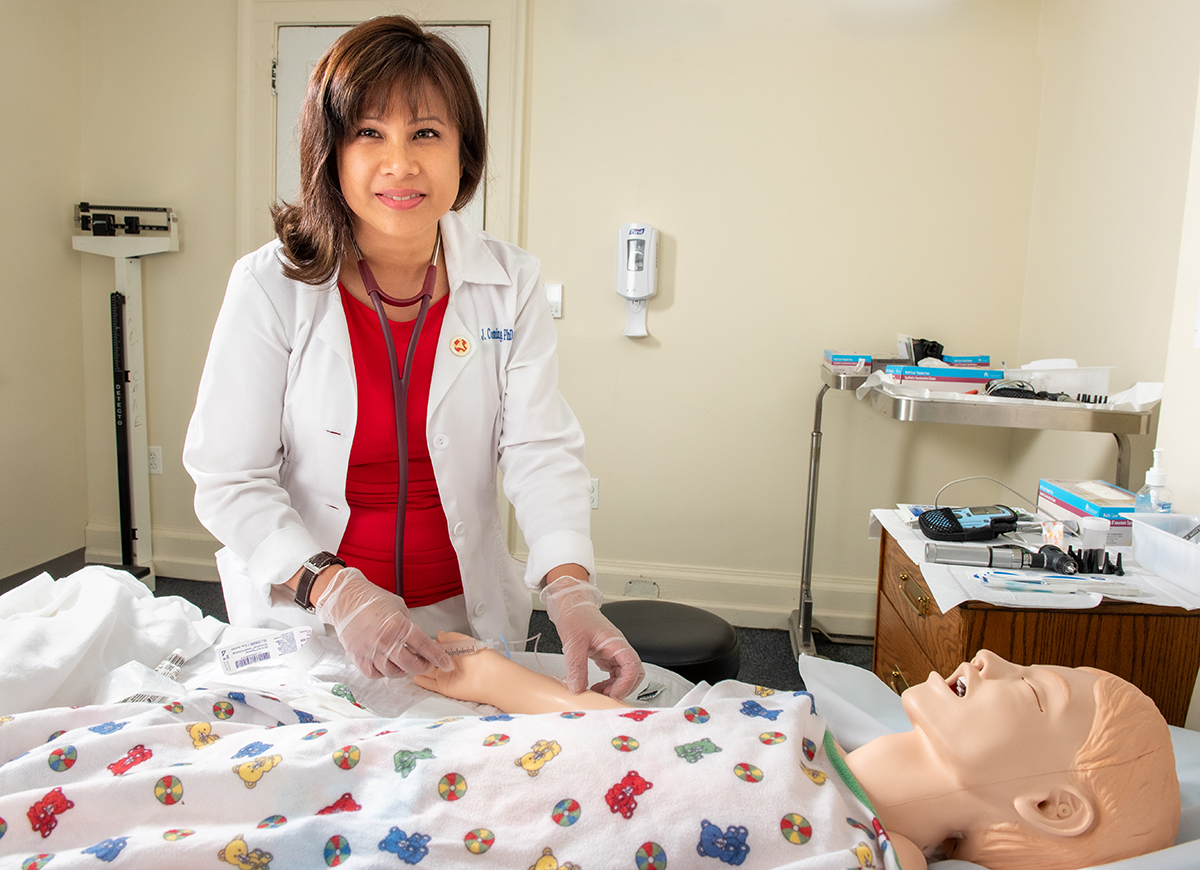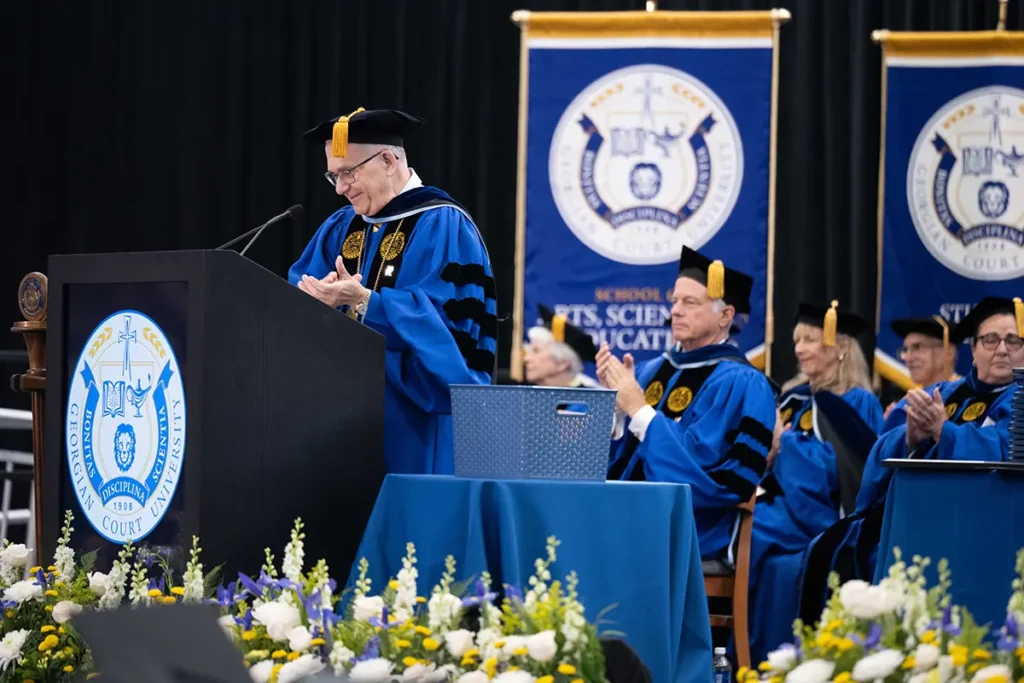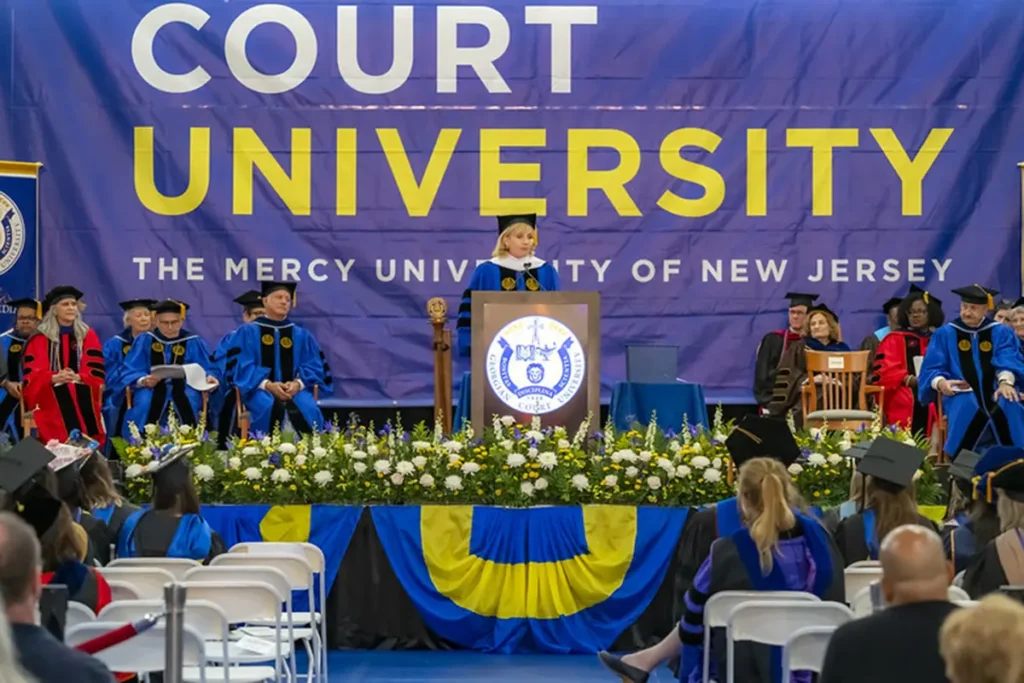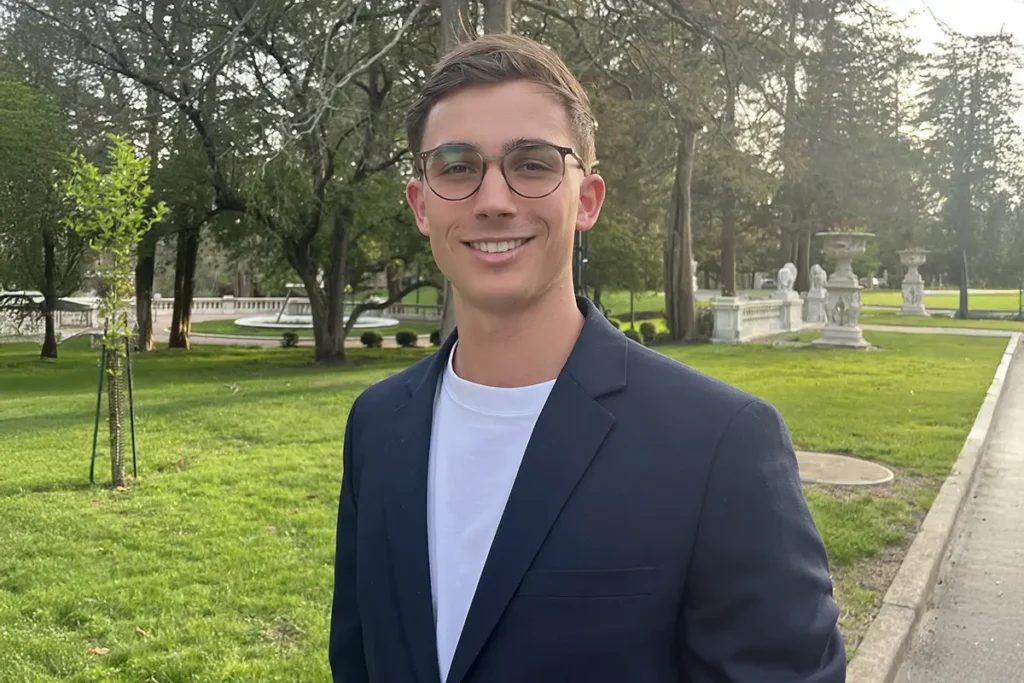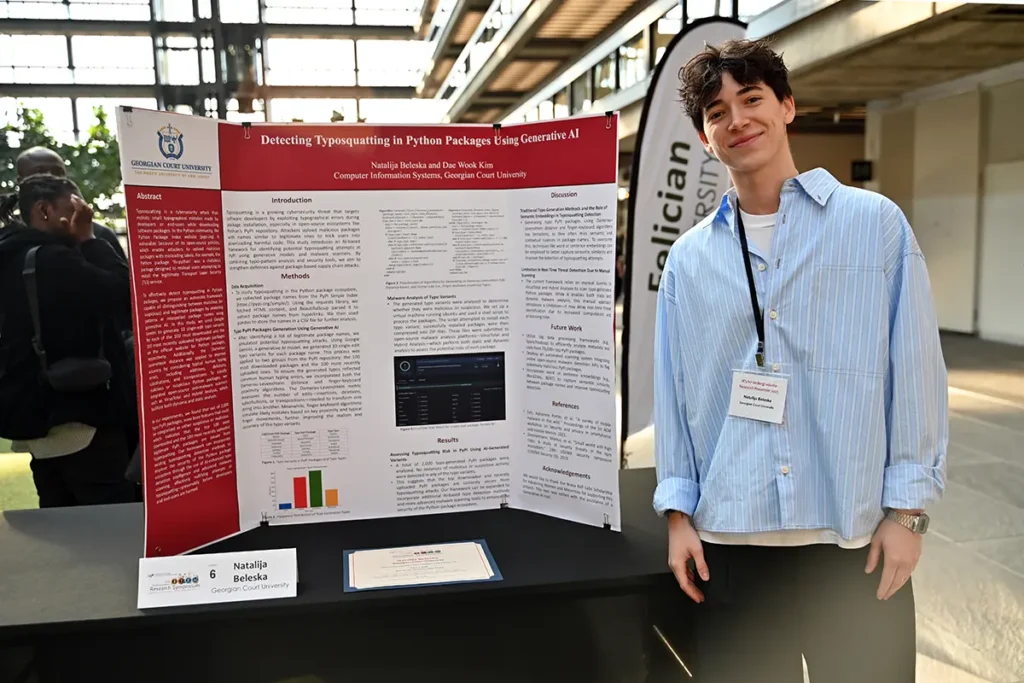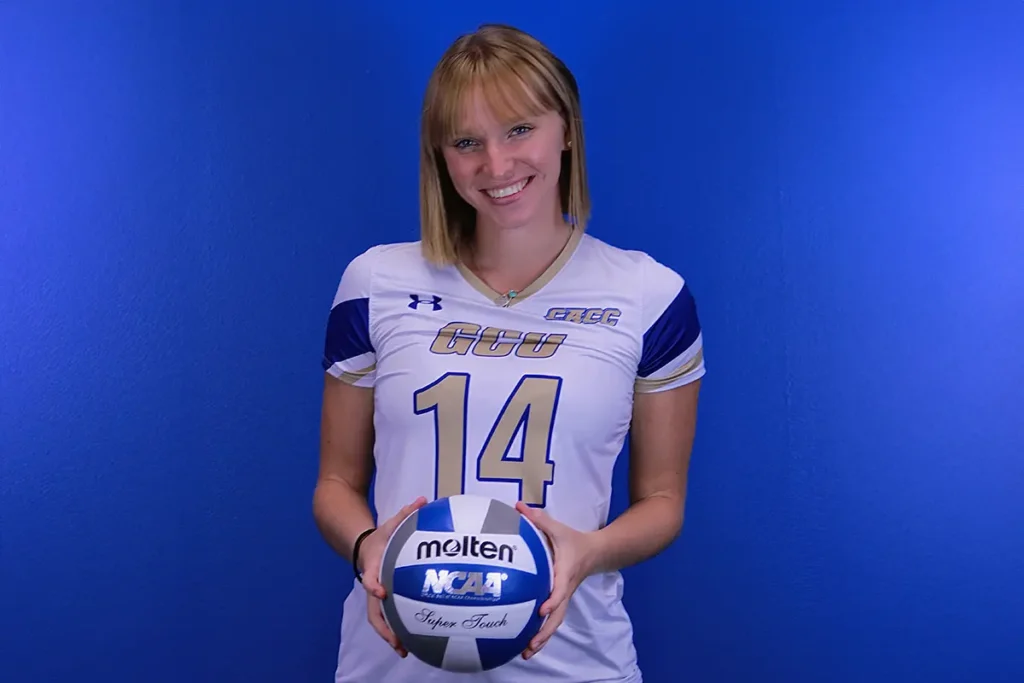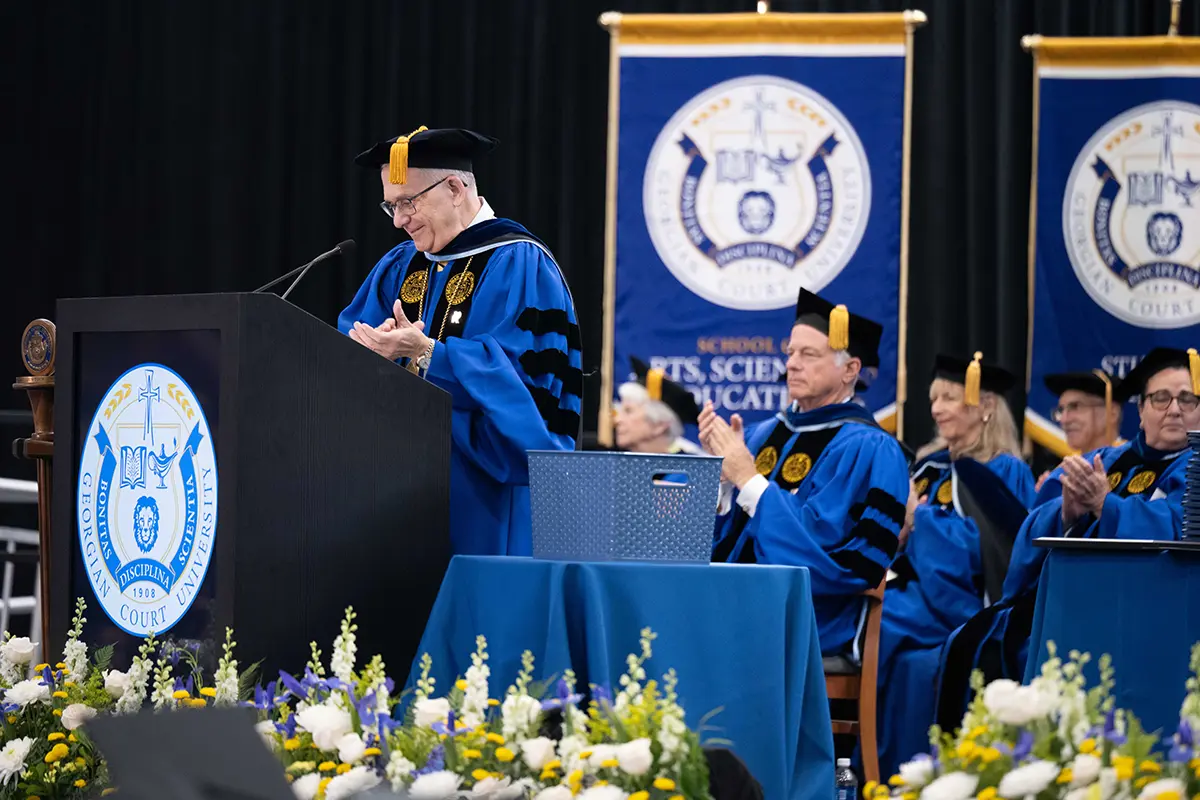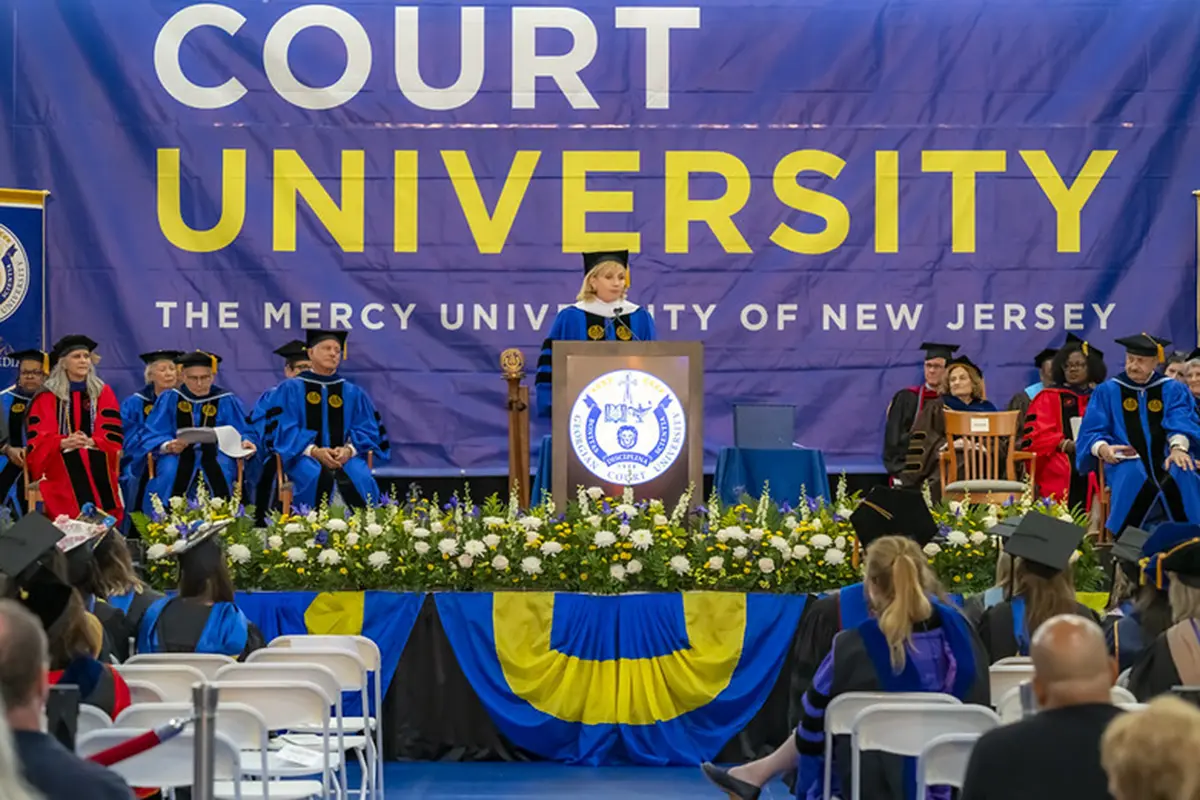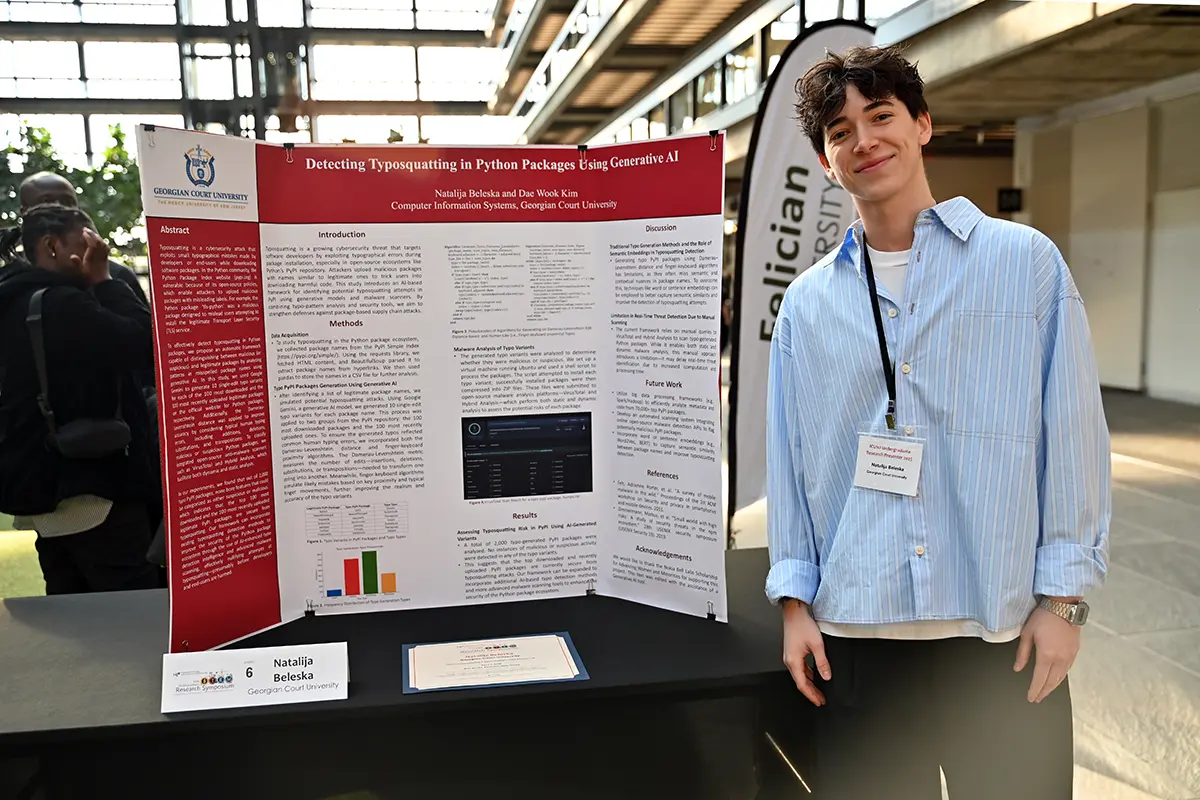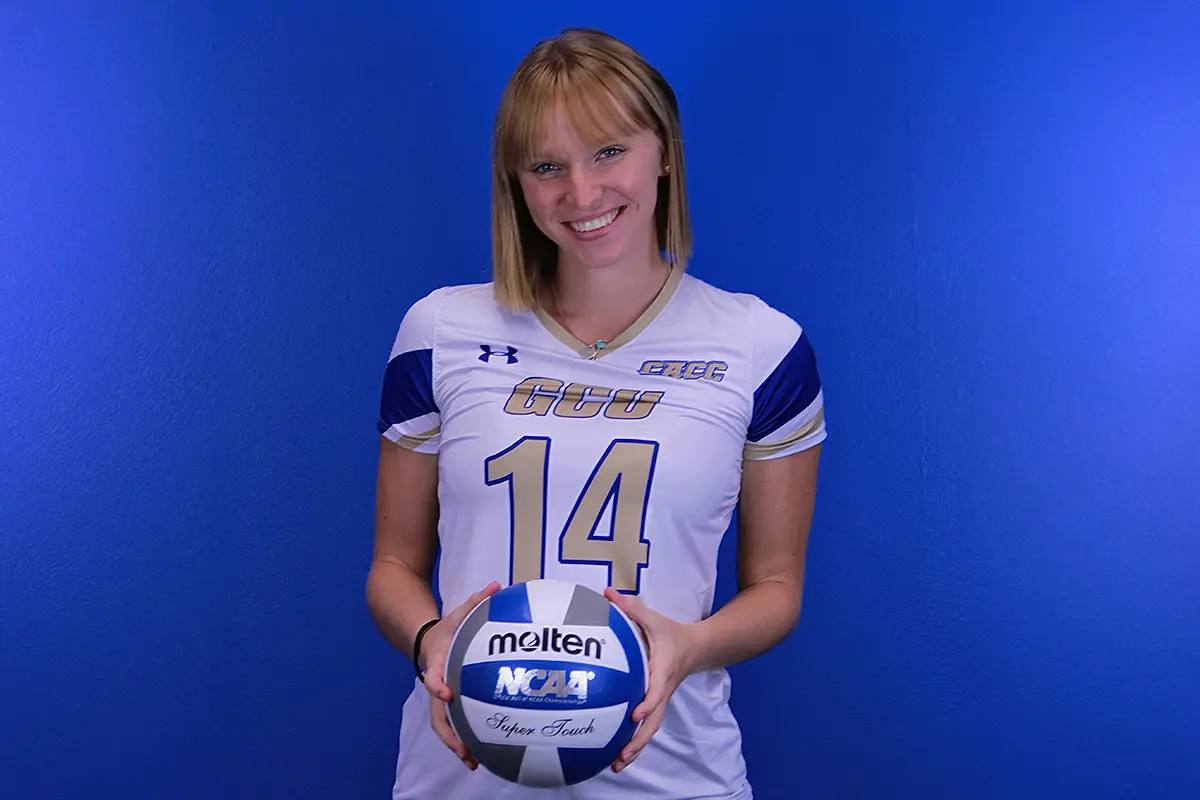Managing pain in any patient can be a challenge. But it’s particularly difficult in young children, especially those who can’t tell you how much or where they hurt. Jo Ann Cummings, Ph.D., associate professor of nursing for the Georgian Court–Hackensack Meridian Health School of Nursing, has been studying pediatric pain and its treatment for much of her academic career. Her paper, “Pediatric Procedural Pain—How Far have We Come? An Ethnographic Account,” was published in the June 2015 issue of the journal Pain Management Nursing.
As a nurse practitioner, Dr. Cummings has always had an affinity for children. Early in her career, her persistence in working with physicians to diagnose a heart issue in a young emergency room patient likely saved the child’s life. When she began her research into pediatric pain, she discovered a surprising truth: While many health care settings designed to treat children had no small number of stuffed animals or distraction techniques, few of the health care practitioners were comfortable treating young patients.
“The findings were that, out of a staff of 50, there may be only two people who were really comfortable with even starting any kind of lines or invasive procedures in children,” she says.
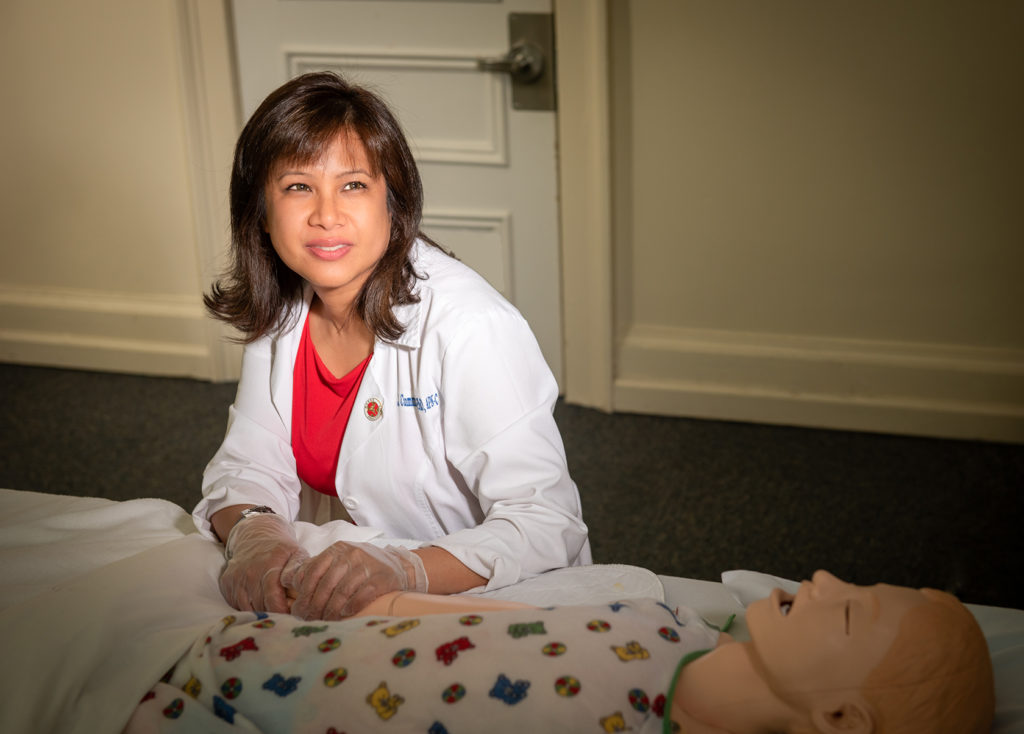
Dr. Cummings’ research has had a wide-ranging ripple effect, raising awareness about pediatric pain management and the need to address the issues in the sector to better treat children. She also brings her research into the classroom, helping her students become more familiar and comfortable with treating children.
Her research ability has become widely known as well. Dr. Cummings was introduced to the Toms River Family Health and Support Coalition through a Georgian Court alumna with whom she had worked on a project. The coalition was so impressed with her work on pain management that its leadership team invited her as a research consultant to help evaluate programs related to substance abuse, youth emotional wellness, senior isolation, and access to nutritious foods in the community. In December 2019, she completed work on a study of Narcan use trends in the community, which she did with two nursing undergraduates, Carmen Ramos and Angela Terracciano, and one alumna, Efthimia Stefanou, RN, ’16. She also just completed a study examining the transition of new millennial nurses into nursing practice with research team members Stephanie Chung, RN, Ph.D., assistant professor of nursing, and Lisa Wardle ’18, an alumna of the M.A. in Holistic Health Studies (now Integrative Health) program.
While these studies may seem like a divergence from her previous path, Dr. Cummings says it makes perfect sense.
“It’s kind of unique how my research went from the emergency department into the community,” she says. “But, as a nurse research scientist, I work with leaders to determine objectives, evaluate data, and revise approaches to existing community problems.”
This article appeared in Faculty Focus 2019, Georgian Court’s report of faculty scholarship and creative activity, and was updated in July 2020. Story contributed by Gwen Moran. Photos by Russ DeSantis.

